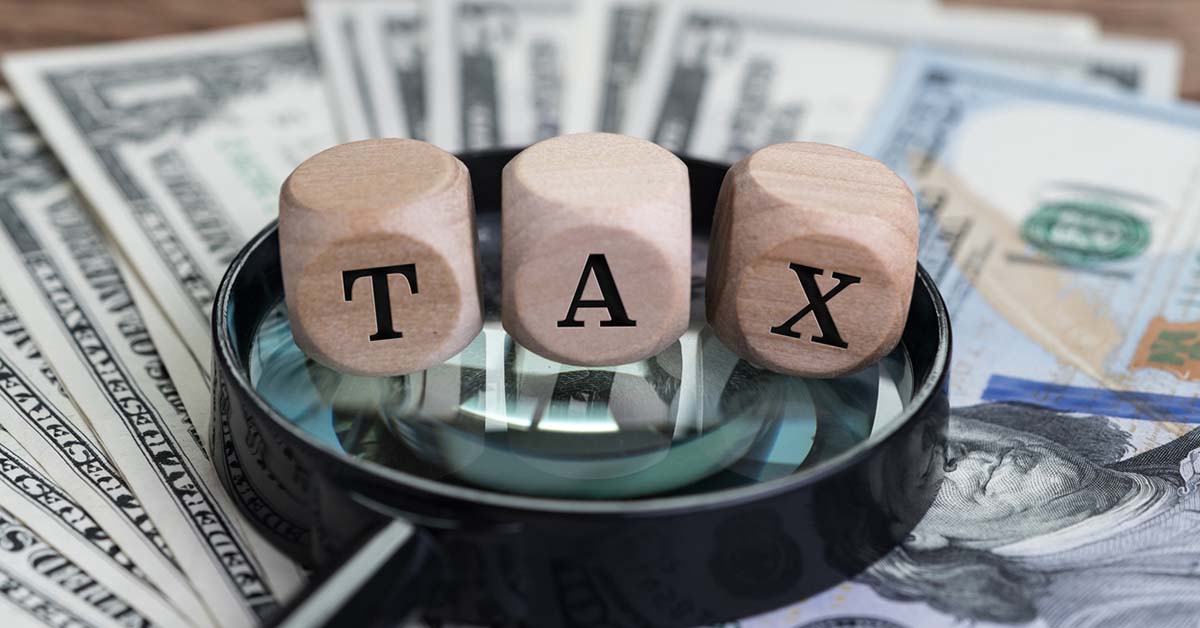
Selling a real estate investment property can be a lucrative wealth-building opportunity. However, you should consider how capital gains tax may affect your decisions when selling property. Fortunately, a few strategies are available for deferring or avoiding capital gains taxes.
Deferring taxes on capital gains can help you keep more money in your pocket and work to improve your investment portfolio. Find out what a capital gains deferral is and which deferral strategies allow you to control your investment portfolio and manage your wealth.
What Are Capital Gains?
Capital gains are the profits earned from selling capital assets, such as a property or an investment, for more than the asset’s basis, which is the original purchase price. When you sell an asset, your gain is taxed based on how long you owned it. Therefore, the IRS defines the type of capital gain taxation you have to pay based on whether you have long-term or short-term capital gains.
Long-Term Capital Gains
Any gain on selling an asset after owning it for more than a year is known as a long-term capital gain. Taxes on long-term capital gains are based on your taxable income and filing status and vary between 0%, 15%, or 20%.
Short-Term Capital Gains
The IRS classifies the gain on selling an asset you owned for less than a year as a short-term capital gain. Your short-term gains are subject to taxation according to your individual income tax bracket, between 12% and 35%.
What is Capital Gains Deferral?
The IRS allows you to defer taxes for capital gains through certain transactions. Instead of paying taxes on sale proceeds from investments, taxes on the profits are deferred or pushed back to a later date.
The ability to defer capital gains taxes may help you increase your return on investment by reducing the tax burden.
Capital Gains Deferral Strategies
Capital gains deferral can help you achieve your financial goals when you plan and consider your investment goals. The following strategies can help you take advantage of capital gains deferral:
1031 Exchanges
You can sell investment properties and put the proceeds into like-kind replacement properties through 1031 exchanges. Using a 1031 exchange allows you to defer any capital gains tax liability indefinitely through continuous reinvestment of capital, and capital gains taxes are not due until you sell the swapped asset.
With this strategy, you may only pay one tax at a long-term capital gains rate. If you continue to swap property until your death, your beneficiaries can receive a step up in basis that could potentially eliminate capital gains tax liability.
Delaware Statutory Trust (DST)
Delaware Statutory Trusts (DSTs) are real estate ownership structures where multiple investors hold fractional interests in the trust’s holdings. The IRS ruled in 2004 that DSTs are taxed as direct property ownerships, qualifying them as 1031 exchanges and making you eligible to defer your capital gains taxes.
Continuous reinvestment in a DST allows you to defer indefinitely and keep your investments working for you instead of paying taxes for every profit.
Using a capital gains deferral plan can be an effective way to manage your investment portfolio as you seek to grow your wealth. Through 1031 exchanges and DSTs, you can manage your investments while reducing your tax burden in an effort to improve your financial outcome.
This material is for general information and educational purposes only. Information is based on data gathered from what we believe are reliable sources. It is not guaranteed as to accuracy, does not purport to be complete and is not intended to be used as a primary basis for investment decisions. It should also not be construed as advice meeting the particular investment needs of any investor.
Realized does not provide tax or legal advice. This material is not a substitute for seeking the advice of a qualified professional for your individual situation.
Costs associated with a 1031 transaction may impact investor’s returns and may outweigh the tax benefits. An unfavorable tax ruling may cancel deferral of capital gains and result in immediate tax liabilities.
No public market currently exists, and one may never exist. DST programs are speculative and suitable only for Accredited Investors who do not anticipate a need for liquidity or can afford to lose their entire investment.
All investments have an inherent level of risk. The value of your investment will fluctuate with the value of the underlying investments. You could receive back less than you initially invested and there is no guarantee that you will receive any income.



